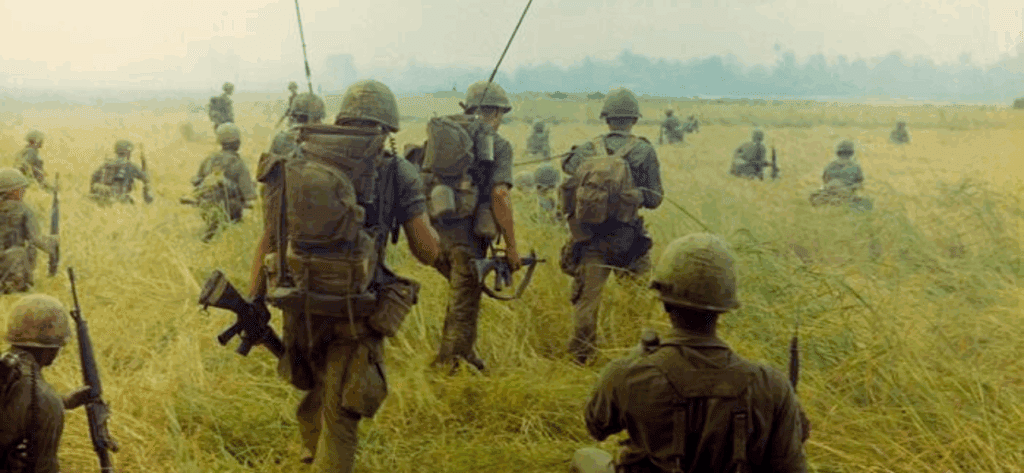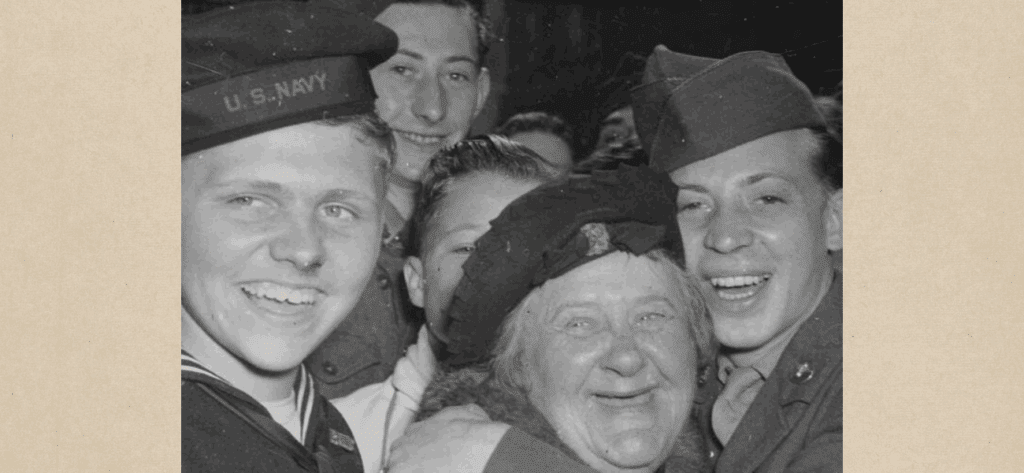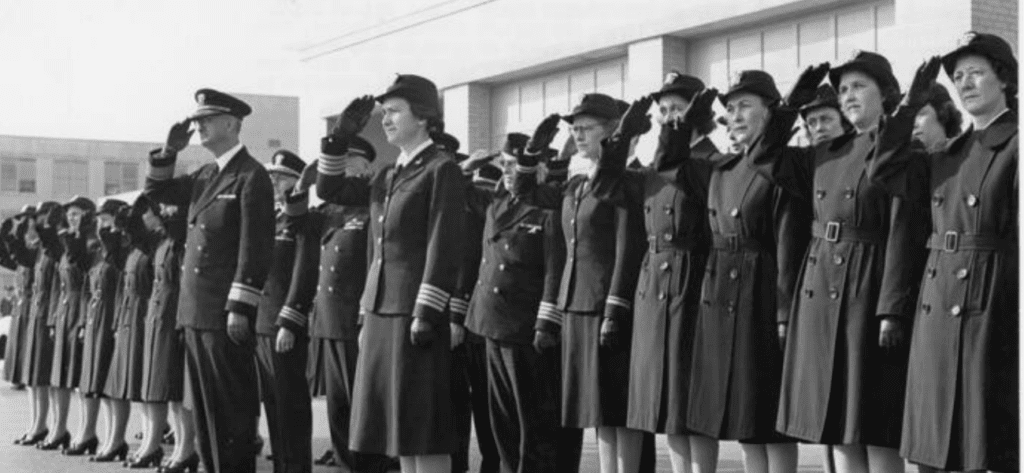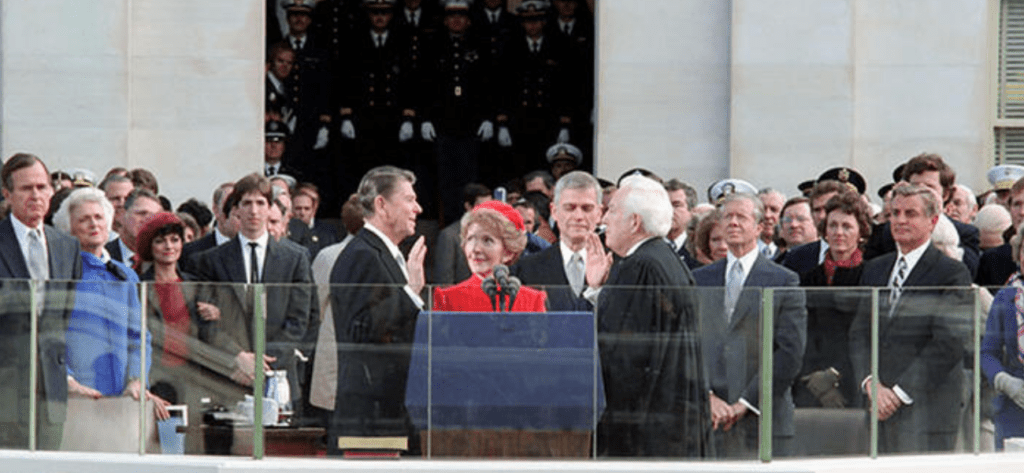On June 13, 1967, President Lyndon B. Johnson nominated distinguished civil rights lawyer Thurgood Marshall to be the first African American justice to serve on the Supreme Court of the United States. Marshall had already made his mark in American law, having won 29 of the 32 cases he argued before the Supreme Court, most notably the landmark case Brown v. Board of Education of Topeka (1954), which ruled school segregation unconstitutional. Marshall had also been appointed to the Second Circuit of the U.S. Court of Appeals by President John F. Kennedy in 1961 and U.S. Solicitor General by President Johnson in 1965.
As an associate justice on the highest court in America, Marshall continued his lifelong fight against discrimination to protect the constitutional rights of the most vulnerable Americans. He retired from the Supreme Court in 1991 after 24 years on the bench and died on January 24, 1993.
In commemoration of the 50th anniversary of President Lyndon B. Johnson’s June 13, 1967 nomination of civil rights lawyer Thurgood Marshall to be the first African American justice to serve on the Supreme Court of the United States, the National Archives in Washington, DC displayed a facsimile of the nomination and Justice Marshall’s opinion in the landmark affirmative action case Regents of the University of California v. Bakke (1978) in which the Court upheld the constitutionality of considering race in college admissions decisions. The documents were on display from June 8 – July 26, 2017.
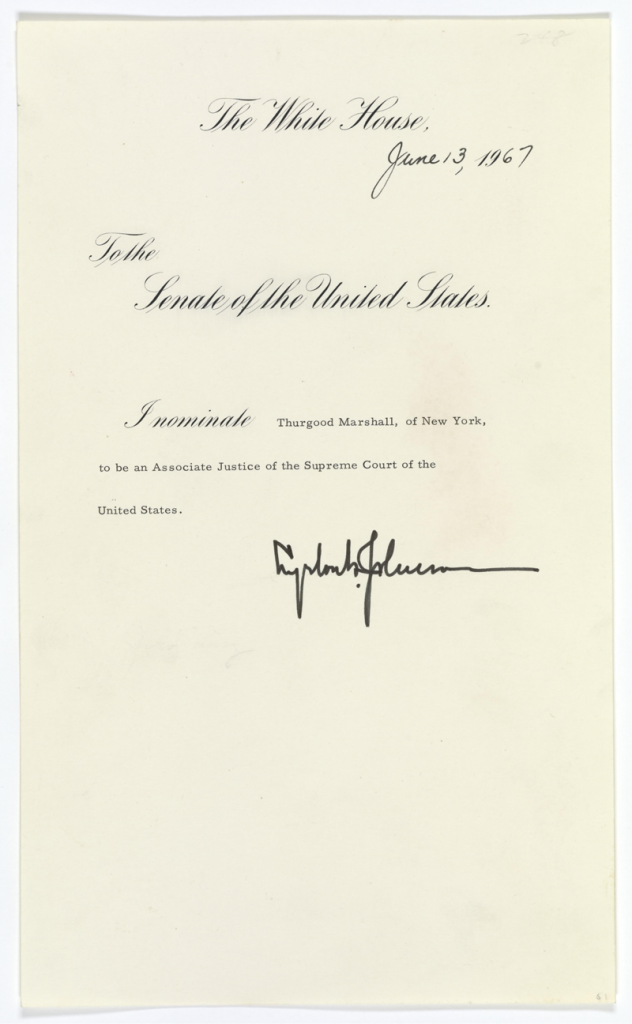
Message of President Lyndon B. Johnson Nominating Thurgood Marshall of New York to be an Associate Justice of the Supreme Court
National Archives, Records of the U.S. Senate
This “Featured Document” exhibit was made possible in part by the National Archives Foundation through the generous support of Ford Motor Company Fund.
